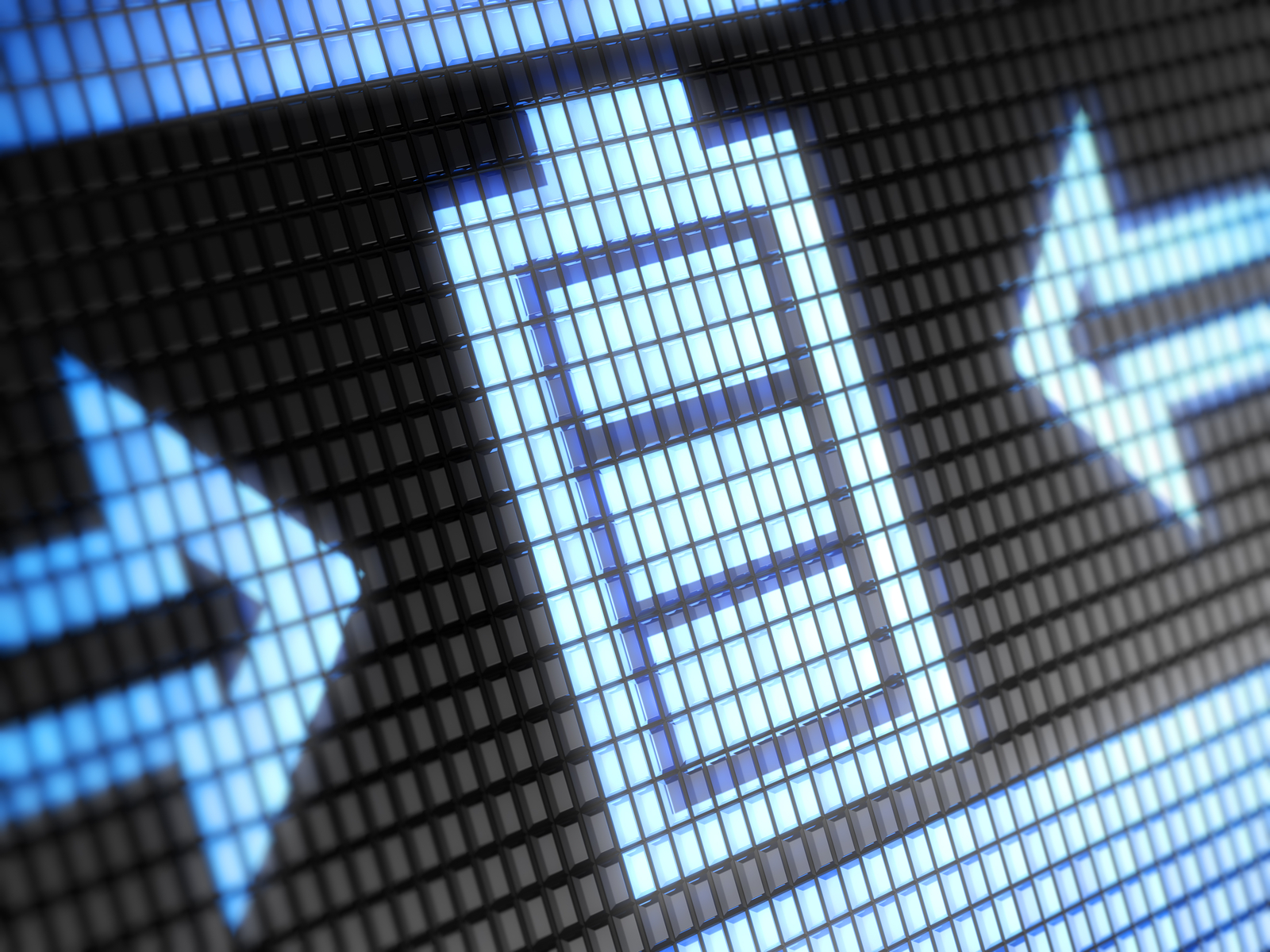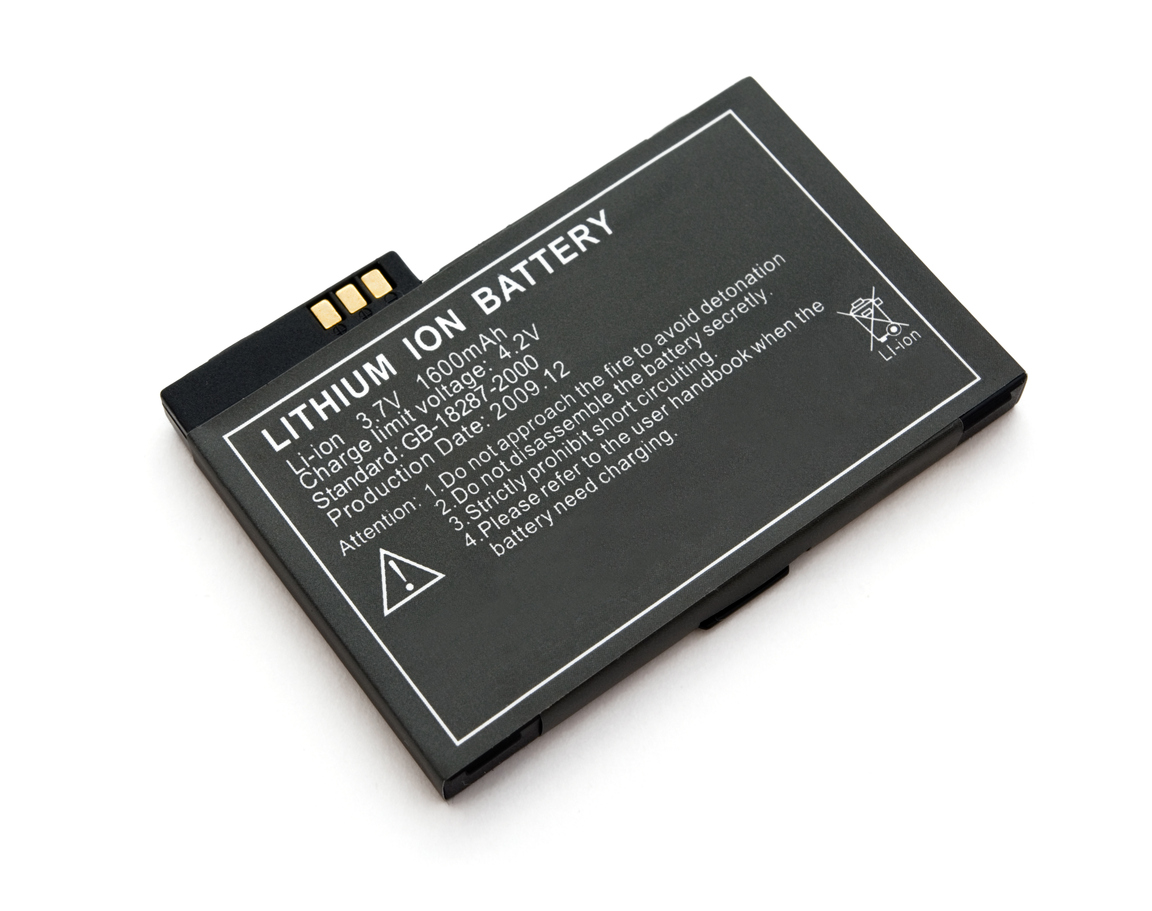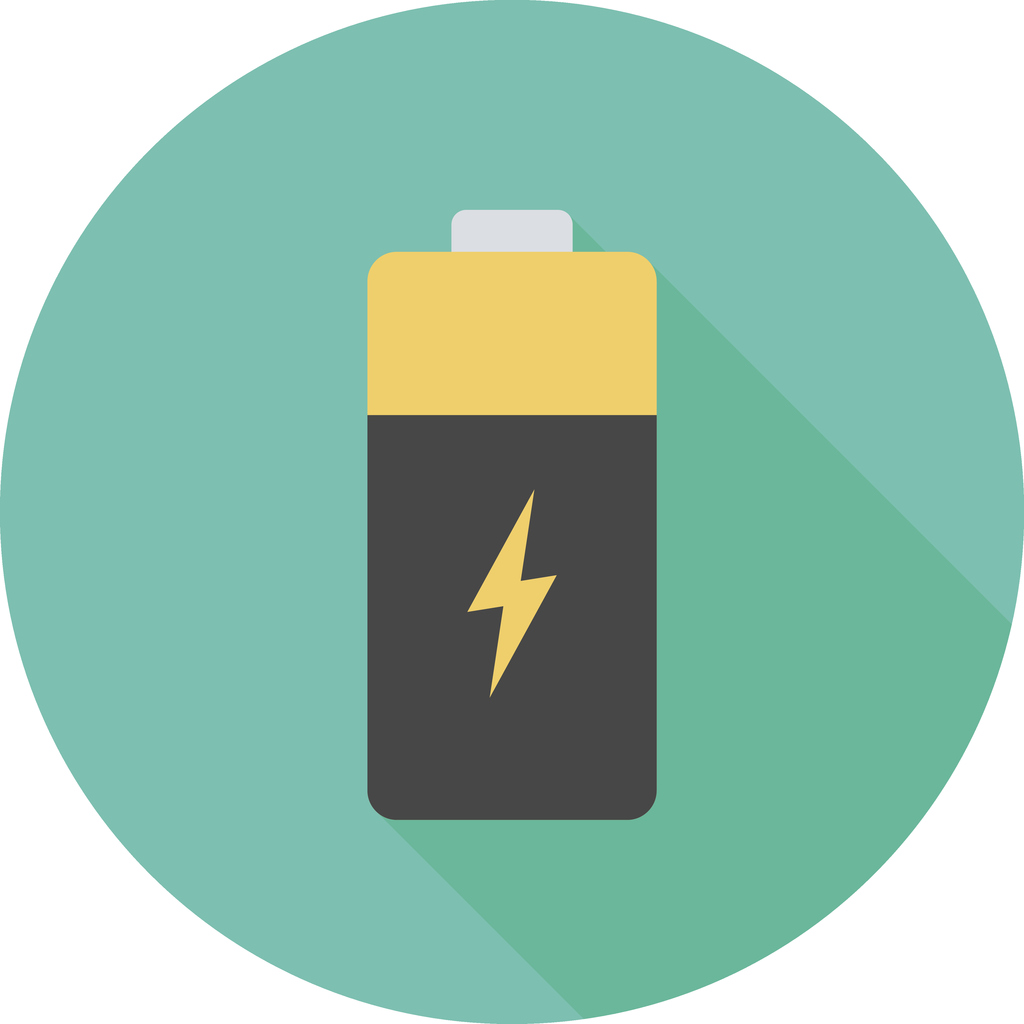 A new development in electrolyte chemistry, led by ECS member Shirley Meng, is expanding lithium-ion battery performance, allowing devices to operate at temperatures as low as -60° Celsius.
A new development in electrolyte chemistry, led by ECS member Shirley Meng, is expanding lithium-ion battery performance, allowing devices to operate at temperatures as low as -60° Celsius.
Currently, lithium-ion batteries stop operating around -20° Celsius. By developing an electrolyte that allows the battery to operate at a high efficiency at a much colder temperature, researchers believe it could allow electric vehicles in cold climates to travel further on a single charge. Additionally, the technology could allow battery-powered devices, such as WiFi drones, to function in extreme cold conditions.
(MORE: Read ECS’s interview with Meng, “The Future of Batteries.”)
This from UC San Diego:
The new electrolytes also enable electrochemical capacitors to run as low as -80 degrees Celsius — their current low temperature limit is -40 degrees Celsius. While the technology enables extreme low temperature operation, high performance at room temperature is still maintained. The new electrolyte chemistry could also increase the energy density and improve the safety of lithium batteries and electrochemical capacitors.


 The
The  Lithium-ion batteries power a vast majority of the world’s portable electronics, but the magnification of recent safety incidents have some looking for new ways to keep battery-related hazards at bay. The U.S. Navy is one of those groups, with chemists in the U.S. Naval Research Laboratory (NRL) unveiling a new battery, which they say is both safe and rechargeable for applications such as electric vehicles and ships.
Lithium-ion batteries power a vast majority of the world’s portable electronics, but the magnification of recent safety incidents have some looking for new ways to keep battery-related hazards at bay. The U.S. Navy is one of those groups, with chemists in the U.S. Naval Research Laboratory (NRL) unveiling a new battery, which they say is both safe and rechargeable for applications such as electric vehicles and ships. Like all things, batteries have a finite lifespan. As batteries get older and efficiency decreases, they enter what researchers call “capacity fade,” which occurs when the amount of charge your battery could once hold begins to decrease with repeated use.
Like all things, batteries have a finite lifespan. As batteries get older and efficiency decreases, they enter what researchers call “capacity fade,” which occurs when the amount of charge your battery could once hold begins to decrease with repeated use.